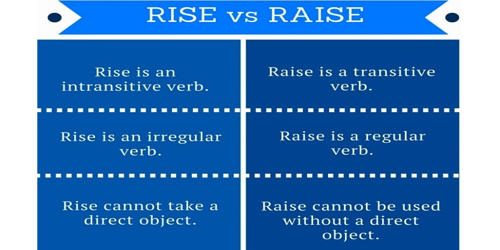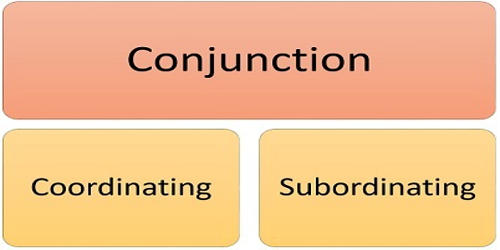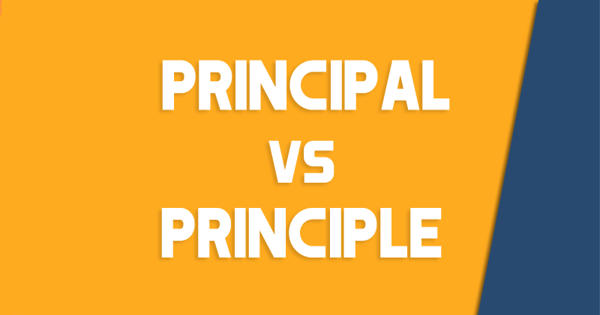The verbs raise and rise both refer to something going “up”. The words ‘rise and raise’ commonly indicates an increase or improvement in anything. The main difference between them is that raise is transitive and rise is intransitive. However, they are not one and the same thing, as rise usually means growth or increment in something, whereas raise denotes to induce, elevate, or augment something. To raise means to lift or move something or someone upward. It also means to increase. To rise means to move upward or to increase. Hence, you can understand how close these words are, in terms of meaning.
Difference between Rise and Raise –
RISE
- Rise means to proceed from a lower rank to a higher rank. It refers to an increase in level, status, strength, etc.
- The word ‘rise’ is used when something increases in terms of level or its position gets better over time. One can also use ‘rise’ when someone gets up from a resting position.
- The word ‘rise’, is used to talk about something that moves from lower rank to a higher rank or its value increases/improves. It is also used when someone gets up from a chair or bed.
- The verb ‘rise’ is an intransitive one, because it does not take a direct object. What this means is that you use the verb rise when something moves upwards by itself.
- ‘Rise’ is an irregular verb, because its simple past and past participle form, does not have a regular ‘ed’ ending.
- Examples: The moon rises every evening. A conflict rose between the colleagues due to promotion.
RAISE
- Raise means to cause to rise, i.e. to lift up or boost something or increase its level, status or strength, etc.
- The word ‘raise’ is used when something escalates, i.e. moves to a higher level, or emerges.
- We often use the word ‘raise’ to mean lift or put something up, to a better level or rank. It may also be used when the strength of something is increased or bring something to exist.
- ‘Raise’ is a transitive verb, because it takes a direct object.
- ‘Raise’ is a regular verb, its past form have normal ‘ed’ ending.
- Example: Mrs. Mehta raised her children alone. Those who want to go for a picnic can raise their hands.
















